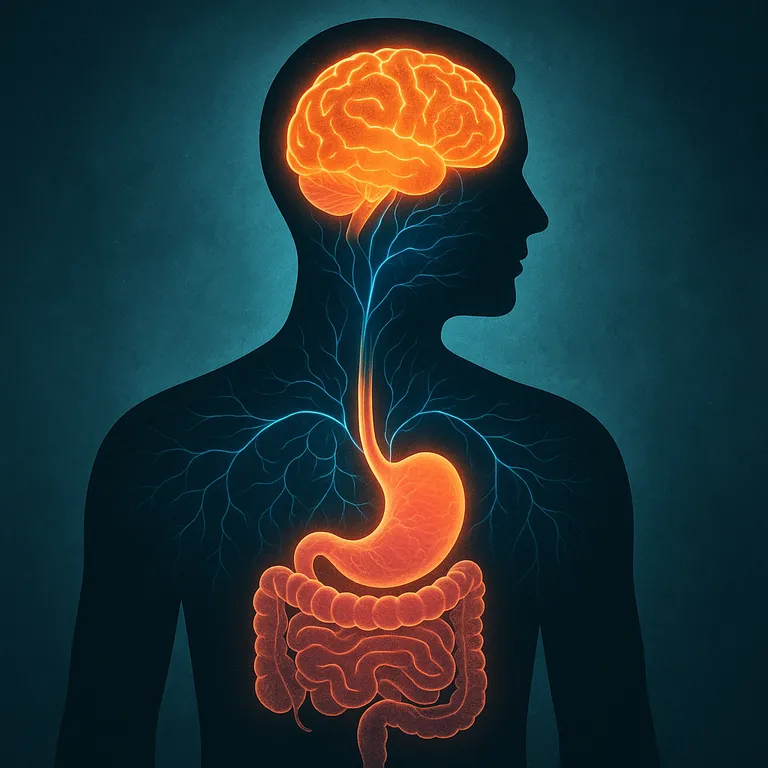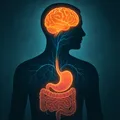The Hidden Link Between Gut and Mind
For decades, scientists believed the brain controlled the gut. But new research shows the relationship works both ways: the trillions of microbes living in your intestines — known as the microbiome — play a powerful role in your mood, memory, and mental health.
This communication network, called the gut-brain axis, is reshaping how doctors think about anxiety, depression, and even cognitive decline.
How the Gut Talks to the Brain
The gut and brain communicate through multiple pathways:
- 🧠 Neurotransmitters: Gut bacteria produce chemicals like serotonin and dopamine, which regulate mood.
- 🦠 Immune system: An unhealthy gut can trigger inflammation, affecting brain function.
- 🧬 Vagus nerve: This “superhighway” connects the gut and brain directly, sending signals in both directions.
When the microbiome is balanced, communication is smooth. But when disrupted, it can contribute to anxiety, depression, brain fog, and memory problems.
The Role of Diet
What you eat directly shapes your microbiome.
- ✅ Good for the gut: fiber-rich foods, fermented products (yogurt, kefir, kimchi), fruits, and vegetables.
- ❌ Harmful to the gut: processed foods, excess sugar, and artificial additives.
Studies show that diets rich in prebiotics and probiotics improve stress resilience, mood, and cognitive performance.
Mental Health Implications
The gut-brain axis is opening new possibilities for treating mental health:
- Depression & Anxiety: Trials suggest probiotics may reduce symptoms in some patients.
- Neurodegenerative diseases: Research links microbiome health to conditions like Alzheimer’s and Parkinson’s.
- Stress management: Balanced gut flora can lower cortisol, the body’s stress hormone.
Practical Steps for a Healthier Gut and Brain
- Eat more fiber and fermented foods daily.
- Limit processed and high-sugar foods.
- Stay physically active — exercise boosts gut health too.
- Manage stress with mindfulness, as stress directly impacts gut bacteria.
Final Thoughts
The gut-brain connection is more than a scientific curiosity — it’s a roadmap for better health. By caring for your microbiome, you’re not just improving digestion, you’re supporting mood, reducing anxiety, and protecting memory.
This growing field of research reminds us that mental health truly begins in the gut.
By ✍️ Tammy - MicuPost Team
🔍 Sources:
- Harvard Medical School – Gut health and mood studies
- National Institutes of Health (NIH) – Microbiome research
Published by MicuPost – Where science meets everyday wellness.



